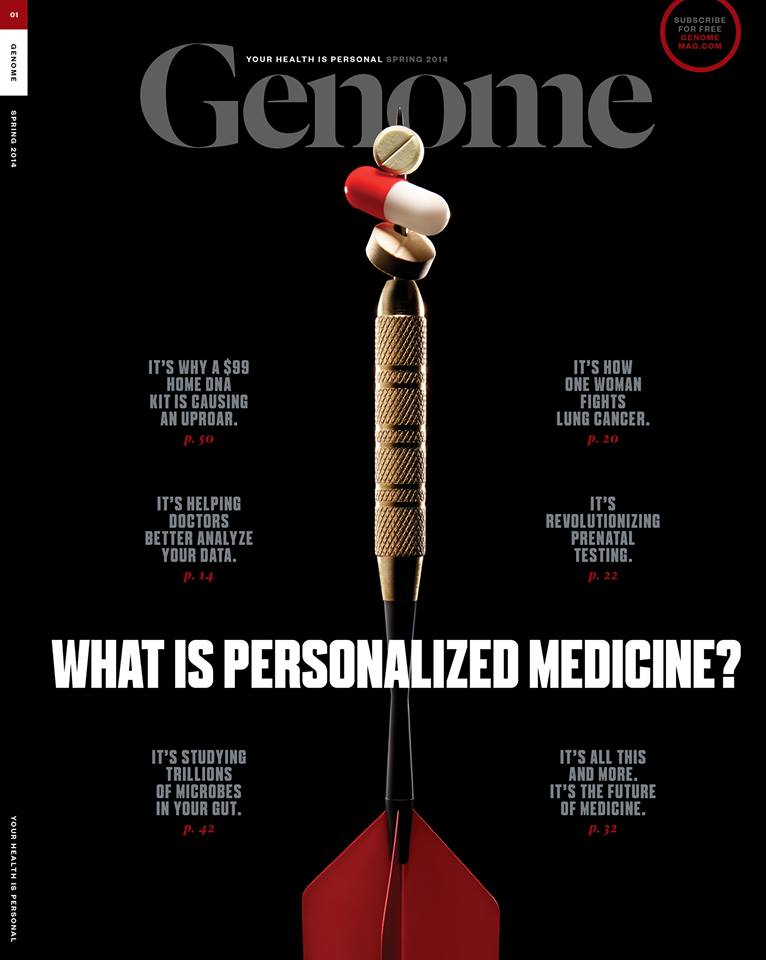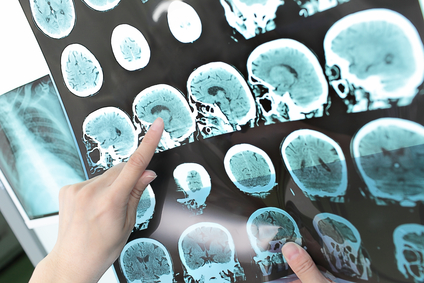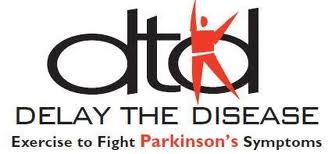Research and Educational Foundations of Prenatal Massage Therapy
Over the last three decades, thousands of licensed massage therapists have trained to become maternity-massage therapy specialists, but nurturing touch during pregnancy, labor and the postpartum period isn’t a modern concept. For many centuries, midwives have used their highly developed hands-on skills in supporting gestation and birth. Massage and movement during the childbearing experience was and continues to be a prominent part of many cultures’ maternity care











